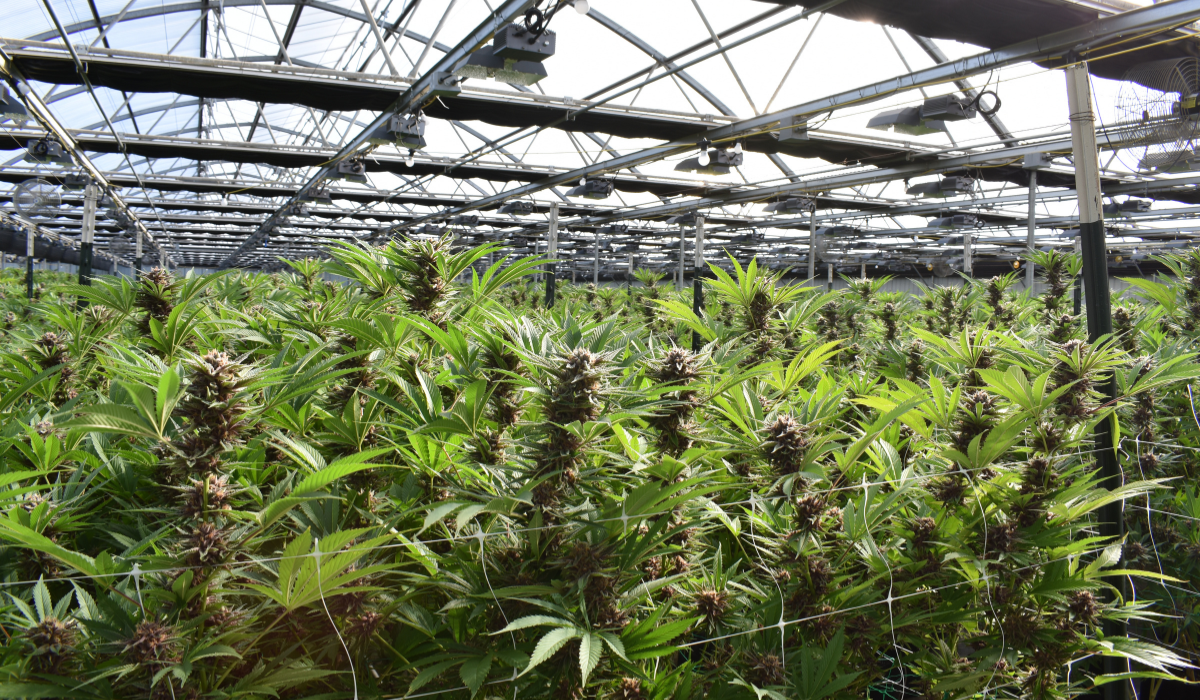
Determining Inventory Costs for Your Cannabusiness
Since BGM started working with cannabis and hemp companies in 2009, one of the most challenging accounting and tax issues has been determining inventory costs.
Determining inventory costs is a very complex and challenging accounting and tax issue for most cannabis operators because there are no legacy cannabis accountants to guide them in calculating accurate inventory costs. This issue becomes even more complex for vertically integrated operators because there are three accounting methods in one business: agricultural accounting for the cultivator, manufacturing accounting for the processor, and retail accounting for the dispensary.
Most states have mandated inventory tracking software, which is mainly done for compliance purposes. These software programs are not designed for operations or inventory costing as a typical manufacturer would see in a software program. As a result, accountants need to gather specific production and financial data from different departments.
At BGM, we have reviewed many cannabis companies’ financial statements and/or tax returns. Below are examples of different methods that we have used in determining inventory costs for the following types of operators:
- Cultivator – (a) plants have no value regardless of how many plants are in the grow. This is because the Company can’t legally sell the plant; therefore, it has no value; (b) plant values are calculated based on an estimate of how much yield will be generated from the plant and an estimated cost per gram of yield; and (c) the cost of the yield is calculated by operations on certain cultivation costs which does not include all indirect costs.
- Processor – (a) the operator will develop a Bill of Material (BOM) for each product using standing costs without regard to actual production activity or labor / overhead costs; (b) product costs are determined by discounting the retail price by a margin to be realized; and (c) no inventory costs are applied to inventory quantities at all.
- Dispensary – (a) cost is determined by discounting the retail pricing by the expected margin; (b) doubling the BOM they have developed for each product, using standing costs without regard to actual production activity or production costs.
Because cannabis companies are subject to 280E, they are more strategic in identifying costs that can be considered inventoriable costs. The costs that are determined to be inventoriable costs are very different if you are following Code Section 471(a) versus Code Section 471(c). Created under 2017’s Tax Cuts and Jobs Act, section 471(c) allows small taxpayers to account for inventory to their applicable financial statements or their underlying books and records.
BGM has handled some IRS audits for clients who previously had their tax returns prepared by someone else and were notified that their taxable income was understated because of too low or no inventory value. The penalties were significant. In other situations, BGM reviewed tax returns prepared by other firms that had identified this issue, and we spread the understatement over a four-year period using Section 481 adjustment.
Determining inventory costs in the cannabis industry can be daunting due to its unique challenges. Whether you’re a cultivator, processor, or dispensary, having a thorough and accurate approach to inventory costing is crucial for your financial health and compliance. The complexities of various accounting methods and the implications of 280E demand a strategic and knowledgeable approach.
At BGM, we specialize in navigating these challenges and have extensive experience reviewing and correcting cannabis companies’ financial statements and tax returns. As mentioned above, the costs that are determined to be inventoriable costs are very different if you are following Code Section 471(a) versus Code Section 471(c). Our cannabis industry expertise can help operators determine inventory under either 471(a) or 471(c), avoid penalties, and optimize inventory costing strategies.
If you have questions or would like to learn more about determining inventory costs in the cannabis industry, contact Cory Parnell at cparnell@bgm360.com.